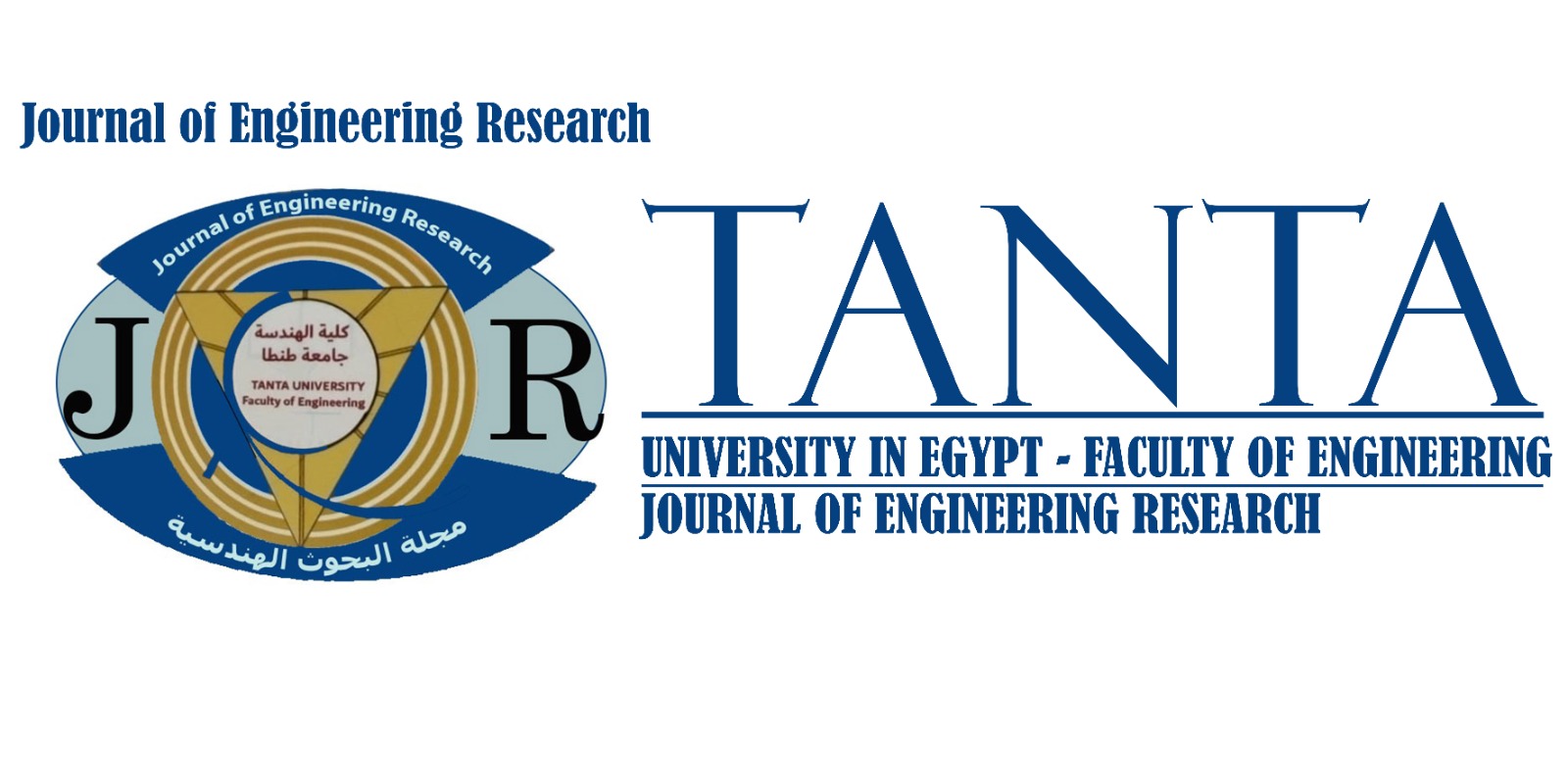Journal of Engineering Research

Abstract
-During equal-channel angular pressing (ECAP), the effect of severe plastic deformation (SPD) rate on both the electrical (electrical resistance, denoted as (R),Ω and The electrical resistivity denoted as (ρ), Ω.m) and mechanical characteristics (Ultimate Tensile Strength abbreviated as (UTS), MPa and Micro-Hardness measured in Vickers Hardness Number, abbreviated as VHN) of pure aluminum alloy are experimentally investigated.ECAP was used to improve the pure aluminum alloy's microstructure at room temperature, which had samples with square cross sections. The findings indicate that as the rate of strain decreases from 0.3 to 0.1 s^-1, there is a gradual increase in both Ultimate Tensile Strength (UTS) and hardness, with the highest values observed at a strain rate of 0.025 s^-1.This study empirically explored the influence of ECAP on the macrostructure, microstructure, mechanical properties, and electrical properties of pure aluminum alloy at different strain rates (s^-1) – 0, 0.025, 0.1, and 0.3. In summary, it was observed that under the optimized ECAP conditions, specifically at a strain rate of 0.025 s^-1, the ultimate tensile strength increased by approximately 266%, micro-hardness by about 210%, and electrical resistivity by roughly 250% compared to the base material. The maximum value of the ultimate tensile strength was equal to 93 MPa, while the maximum value of hardness was equal to 41 VNN, and the maximum value of electrical resistivity was equal to 1.8 Ω.m, which is equivalent to the ratios mentioned above. Additionally, there was notable fragmentation of course second-phase particles and microstructure refinement.
Recommended Citation
IBRAHIM, I.S El-Deeb, Maher Rashad Mohamed Salem, E.M.
(2023)
"The Effect of Strain Rate on Electrical and Mechanical Characteristics of Pure Aluminum Using Equal Channel Angular Pressing (ECAP),"
Journal of Engineering Research: Vol. 7:
Iss.
5, Article 36.
Available at:
https://digitalcommons.aaru.edu.jo/erjeng/vol7/iss5/36

